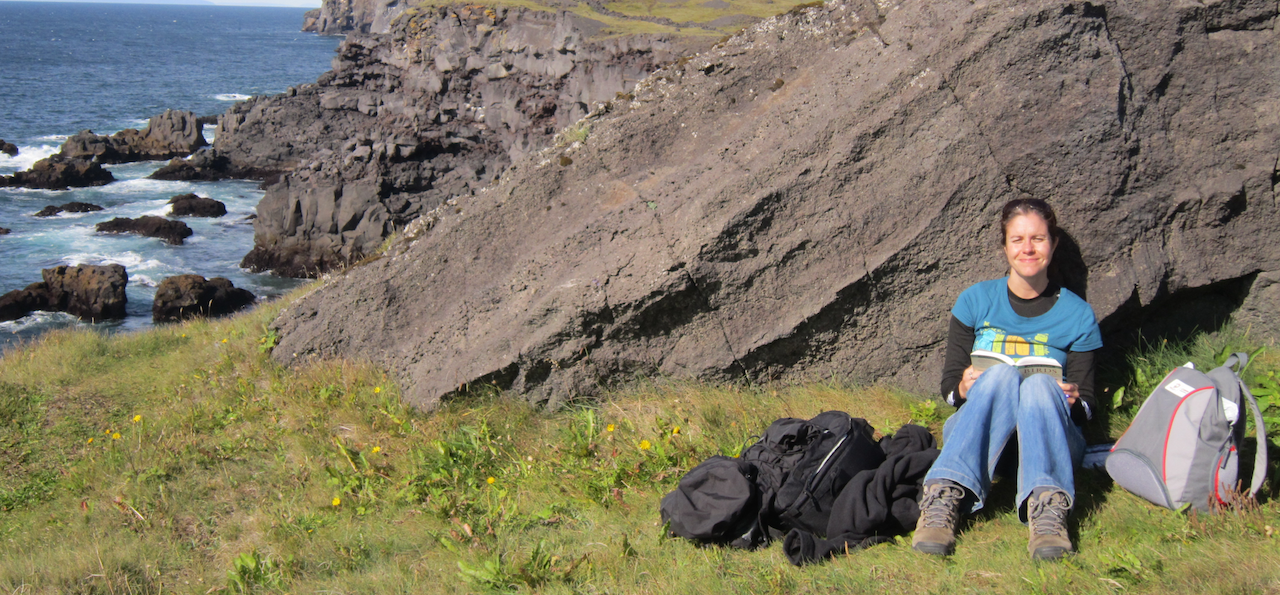One thing I love about my job is that there really is no such thing as a typical day. It varies from day to day and from one season to another. A site can be anything from a small building in an urban area, to a twenty-mile stretch of railway, or an area of farmland and ancient woodland. A project could be anything from a homeowner converting a loft to a large railway improvement scheme or a proposed development. Each day brings something new.
The need for surveys and ecological impact assessment is largely driven by national and international legislation and local and national planning policy.
Most surveys are seasonal and many are limited to certain times of the day or times of the year to tie in with species behaviour or life cycles.
March to September are busy months with May and June usually the busiest. A typical day at the end of May might include:
03.00-05.00 Dawn bat survey
05.00-07.00 Break for some breakfast and catch up on some sleep
07.00-08.00 Travel to next site
08.00-14.00 Phase 1 Habitat Survey & Preliminary Ecological Appraisal for a new project
14.00 – 15.00 Break for some lunch
15.00 – 17.00 Sort out data from dawn bat survey and Phase 1 survey, catch up on emails and phonecalls
17.00 – 18.00 An early dinner before travelling to the next site
18.00 – 23.00 Carry out evening amphibian survey
On other days it could be reptile, badger or dormouse surveys, or on site supervision for a construction project.
The winter months tend to be a little quieter, but there are still many surveys possible, such as daytime site assessments, building or tree assessments for bats, badger or otter surveys, meetings with clients, training, conferences, data analysis or writing reports.
So how did I come to be an Ecologist? After commuting from Guildford to London to work in Fundraising and Marketing for several years, I decided it was time for a change. I volunteered for three months on a conservation project in Zambia followed by studying for an MSc in Environmental Management on my return to the UK along with working part time at a small conservation organisation. My MSc included a placement at Atkins, who then took me on as an Ecologist, where I stayed for about ten years before I set up New Leaf Ecology to start work as a freelance ecological consultant four years ago.
Sometimes when I am soaked to the skin at the end of a long day doing habitat surveys in the rain, or am struggling to keep my eyes open on a dusk bat survey after a long week of sleep deprivation, I ask myself if I would rather be back in a nice warm office in London and for me the answer is always “No”.
The up sides of all these early morning and late night surveys are great people to work with, huge variety, working outdoors, endless interesting wildlife encounters and the chance to always be learning something new.
I really enjoy working with clients to help them understand the impacts of the their work, finding ways to avoid or minimise these and building in opportunities for wildlife as part of their projects.
The need for surveys and ecological impact assessment is largely driven by national and international legislation and local and national planning policy.
Most surveys are seasonal and many are limited to certain times of the day or times of the year to tie in with species behaviour or life cycles.
March to September are busy months with May and June usually the busiest. A typical day at the end of May might include:
03.00-05.00 Dawn bat survey
05.00-07.00 Break for some breakfast and catch up on some sleep
07.00-08.00 Travel to next site
08.00-14.00 Phase 1 Habitat Survey & Preliminary Ecological Appraisal for a new project
14.00 – 15.00 Break for some lunch
15.00 – 17.00 Sort out data from dawn bat survey and Phase 1 survey, catch up on emails and phonecalls
17.00 – 18.00 An early dinner before travelling to the next site
18.00 – 23.00 Carry out evening amphibian survey
On other days it could be reptile, badger or dormouse surveys, or on site supervision for a construction project.
The winter months tend to be a little quieter, but there are still many surveys possible, such as daytime site assessments, building or tree assessments for bats, badger or otter surveys, meetings with clients, training, conferences, data analysis or writing reports.
So how did I come to be an Ecologist? After commuting from Guildford to London to work in Fundraising and Marketing for several years, I decided it was time for a change. I volunteered for three months on a conservation project in Zambia followed by studying for an MSc in Environmental Management on my return to the UK along with working part time at a small conservation organisation. My MSc included a placement at Atkins, who then took me on as an Ecologist, where I stayed for about ten years before I set up New Leaf Ecology to start work as a freelance ecological consultant four years ago.
Sometimes when I am soaked to the skin at the end of a long day doing habitat surveys in the rain, or am struggling to keep my eyes open on a dusk bat survey after a long week of sleep deprivation, I ask myself if I would rather be back in a nice warm office in London and for me the answer is always “No”.
The up sides of all these early morning and late night surveys are great people to work with, huge variety, working outdoors, endless interesting wildlife encounters and the chance to always be learning something new.
I really enjoy working with clients to help them understand the impacts of the their work, finding ways to avoid or minimise these and building in opportunities for wildlife as part of their projects.


 RSS Feed
RSS Feed
